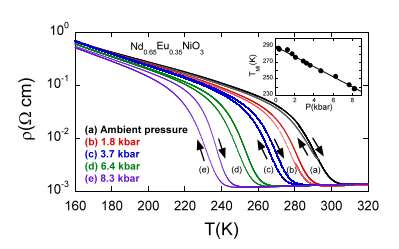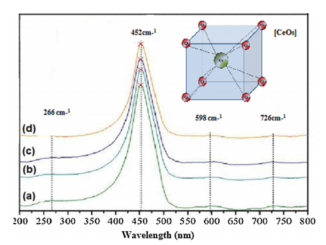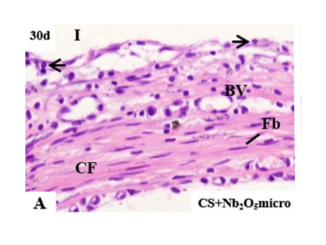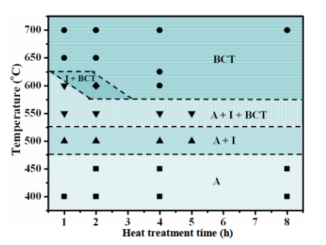
Metal-insulator transition in Nd1-xEuxNiO3: Entropy change and electronic delocalization
Abstract: The metal-insulator (MI) phase transition in Nd1-xEuxNiO3, 0 <= x <= 0.35, has been investigated through the pressure dependence of the electrical resistivity rho(P, T) and measurements of specific heat C-P(T). The MI transition temperature (T-MI) increases with increasing Eu substitution and decreases with increasing pressure. Two distinct regions for the Eu dependence of dT(MI)/dP were found: (i) for x <= 0.15, dT(MI)/dP is nearly constant and similar to -4.3 K/kbar; (ii) for x >= 0.15, dT(MI)/dP increases with x and it seems to reach a saturation value similar to -6.2 K/kbar for the x = 0.35 sample. This change is accompanied with a strong decrease in the thermal hysteresis in rho(P, T) between the cooling and warming cycles, observed in the vicinity of T-MI. The entropy change (Delta S) at T-MI for the sample x = 0, estimated by using the dT(MI)/dP data and the Clausius-Clapeyron equation, resulted in Delta S similar to 1.2 J/mol K, a value in line with specific heat measurements. When the Eu concentration is increased, the antiferromagnetic (AF) and the MI transitions are separated in temperature, permitting that an estimate of the entropy change due to the AF/Paramagnetic transition be carried out, yielding Delta S-M similar to 200 mJ/mol K. This value is much smaller than that expected for a s – 1/2 spin system. The analysis of rho(P, T) and C-P(T) data indicates that the entropy change at T-MI is mainly due to the electronic delocalization and not related to the AF transition. (C) 2015 AIP Publishing LLC.
Author(s): Jardim, RF; Barbeta, VB; Andrade, S ; Escote, MT ; Cordero, F; Torikachvili, MS
JOURNAL OF APPLIED PHYSICS
Volume: 117 Published: MAY 7 2015
PDF: Metal-insulator transition in Nd1-xEuxNiO3 Entropy change and electronic delocalization
DOI: 10.1063/1.4906434




